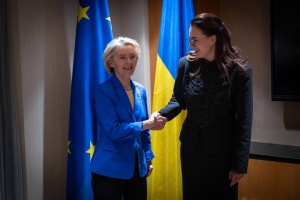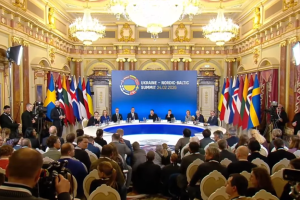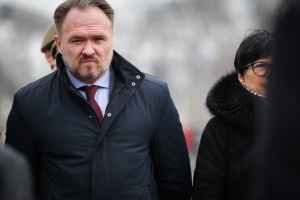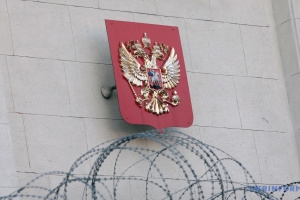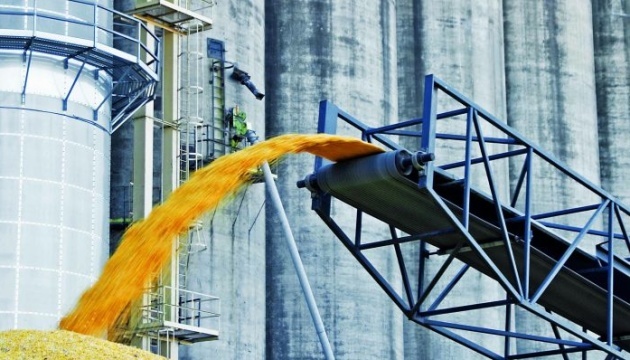
Grain corridor: step towards failure or continuation
The Black Sea Grain Initiative was unilaterally terminated by Russia on July 17 after being effectively blocked by the same country for several months. After almost 50 days of Turkey's active diplomatic attempts to restore the grain corridor, President Erdogan visited Sochi and met with Putin. The Turkish leader had previously managed to find arguments and convince Moscow to extend the grain initiative. But despite the announcement before the Sochi talks that an "important decision" on grain had been made, there was no breakthrough. And not because of Ankara's insufficient attempts - the efforts were maximized. Moscow's desire to use grain as a weapon has become its strategy for blackmail on a global scale.
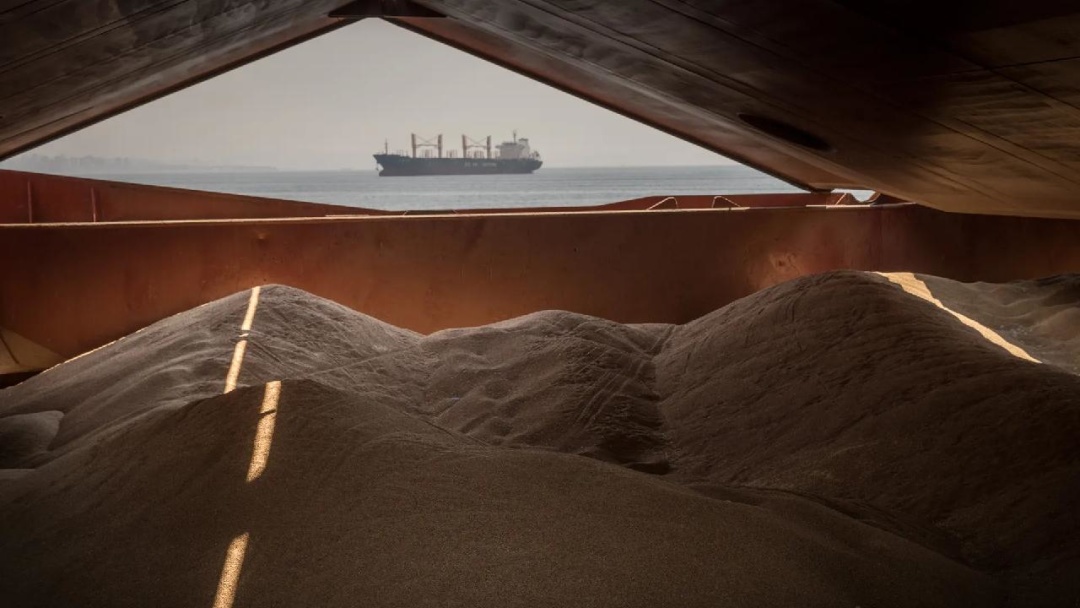
TURKEY IS FOR THE QUARTET, AS IT CONSIDERS ALTERNATIVE PATHS RISKY
The Black Sea Grain Initiative, and now its re-launch, has long been among the key issues on Turkey's international agenda, even during the presidential election. Today, diplomatic and political circles are convinced that the grain corridor should be restarted, and not in the alternative way that Turkish Foreign Minister Hakan Fidan called risky during his visit to Kyiv, namely, in accordance with the terms of the agreement signed last year. Ankara insists that Russia should not be excluded from the process, which should continue in the "quartet" format - Ukraine, Turkey, the UN, and Russia. And this makes a lot of sense. In particular, the Black Sea Grain Initiative is seen as a possible model that could be used as a basis for achieving (in the form of a paper-based) future peace. This does not contradict the peace formula proposed in Kyiv and previously declared in Turkey.
For Ankara, it is a great goal to mediate in the peace process, which has been demonstrated in practice on many occasions, and to become a platform for both negotiations and the final legalization of a peace agreement. This is about geopolitical ambitions and the desire for stability, security and peace in the Black Sea region.
THE RESULT IS POSITIVE, AN IMPORTANT CONTINUATION
During the operation of the grain corridor, almost 33 million tonnes of grain have been exported from Ukrainian ports - 17 million tonnes of corn, 9 million tonnes of grain, 1.86 million tonnes of sunflower meal, 1.65 million tonnes of sunflower oil, and 1.27 million tonnes of barley. Also soybeans, rapeseed, sunflower seeds and other grains.
Among the top 10 countries where Ukrainian grain and other products were exported are China, Spain, Turkey, Italy, the Netherlands, Egypt, Bangladesh, Israel, Tunisia, and Portugal.
As Ambassador Extraordinary and Plenipotentiary of Ukraine to Turkey Vasyl Bodnar explained in a commentary to Ukrinform, this figure is rather conditional. After all, part of the grain sent to Europe or other countries with strong raw material processing capabilities ends up as finished products (flour, pasta, cookies, etc.) on the shelves of the poorest countries in Africa and Asia, which have little or no grain processing capabilities.
That is why both the world and Ukraine are interested in the continuation of the Black Sea Grain Initiative, which Russia traditionally uses as a lever of pressure, and are interested in building new effective alternative routes that would exclude Moscow's ability to influence the grain export process.
As for the harvest forecast for next year, the Ukrainian Grain Association has already increased its estimate of this year's potential harvest of grains and oilseeds in Ukraine by 3.7 million tonnes to 80.5 million tonnes. In general, according to the UGA estimates, the export of grains and oilseeds from Ukraine in the new season 2023/2024 could potentially reach almost 49 million tonnes. Last season (ended June 30, 2023), the exports reached 58 million tonnes. That is, the share of exports via the grain corridor was more than half, and this figure could have been higher if not for Russia's influence on the efficiency of the corridor through delayed inspections or constant threats to suspend its operation.
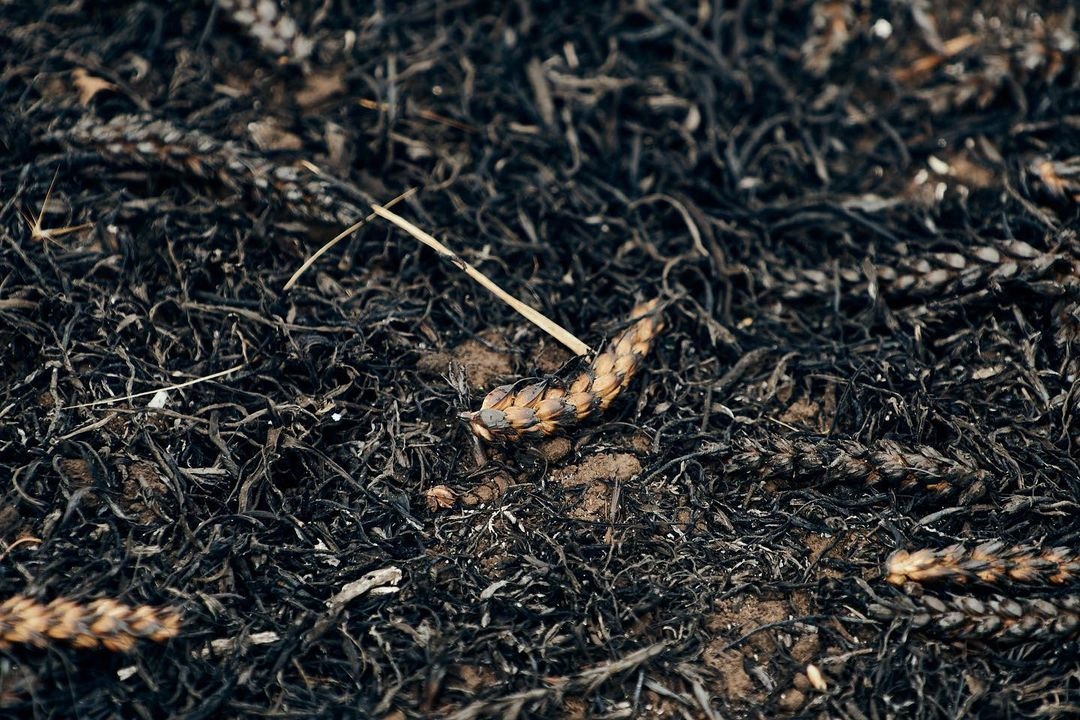
GRAIN AS A WEAPON AND AN ATTEMPT TO EASE SANCTIONS
Last July, Ukraine-Turkey-UN and Russia-Turkey-UN signed two mirror agreements on the opening and operation of the "grain corridor."
Previously, Russia had repeatedly complained (and continues to do so) that the terms of the agreement regarding the export of food from its territory were allegedly not being fulfilled. In May, Moscow unveiled its demands for the continuation of the grain deal, including the lifting of some of the restrictions and sanctions imposed after the start of the large-scale military invasion of Ukraine. Among them are Rosselkhozbank's accession to SWIFT, unblocking of Russian ships' calls to ports in Western countries (which have imposed sanctions), and ship insurance. Russia believes that the fulfillment of these requirements was stipulated in the Memorandum of Understanding between Russia and the UN signed in July 2022. In fact, the text of the document states that the Russian Federation and the UN Secretariat "have reached an understanding" on the measures that "will be taken to facilitate unimpeded access to world markets for food and fertilizers, including raw materials for their production (including ammonia), coming from the Russian Federation". Among these measures are commercial supplies of food and fertilizers, and assistance from the UN Secretariat, in particular, work towards obtaining "specific exemptions for food and fertilizers, including raw materials for their production (including ammonia), produced in the Russian Federation". And this should be done, according to the text of this document, "taking into account the urgent need related to global food security." A separate paragraph states that "the Russian Federation will facilitate the unimpeded export of food, sunflower oil and fertilizers from ports in the Black Sea controlled by Ukraine." In other words, the intention on paper to act to weaken and avoid global food security has been turned by Moscow into a lever of selective use - a new type of global "weapon" and an attempt to ease sanctions.
BLACKMAIL ON A GLOBAL SCALE
From its initial conception, the Black Sea Grain Initiative required an active mediation role, which was assumed by the UN and Turkey, in particular by President Recep Tayyip Erdogan personally. Firstly, it gives geopolitical weight, secondly, it is economically beneficial for the country, and thirdly, the success of the "grain initiative" in Turkey is associated with the prospects for the success of peace negotiations and Ankara's direct participation in this process in the future. There are many advantages, but implementing the initiative in practice requires constant political and diplomatic activity and the search for "points of contact" and agreement with a country that a priori does not fulfill agreements and commitments. What arguments the Turkish side used to persuade the Russian side to extend the grain deal in the past were not publicly disclosed, but they did not work in Sochi, although Ankara had previously come up with a "scheme" to export Russian grain. To satisfy Russia's whims, Turkey offered to process Russian grain into flour and ship it to poor African and underdeveloped countries.
But Moscow ignored this option, as it excludes the possibility of continuing food blackmail on a global scale.
If we take into account the announcements of the Turkish media before President Erdogan's visit to Russia, when "all eyes of the world were watching the negotiations" and "food security depended on the visit," then at least the resumption of the grain corridor on the same terms was expected to come out of Sochi. But whether the expectations of Turkish journalists were exaggerated, or whether something in Sochi did not go according to the planned "scenario," the visit was not a breakthrough, but a "synchronization of watches" and another step toward possible future agreements.
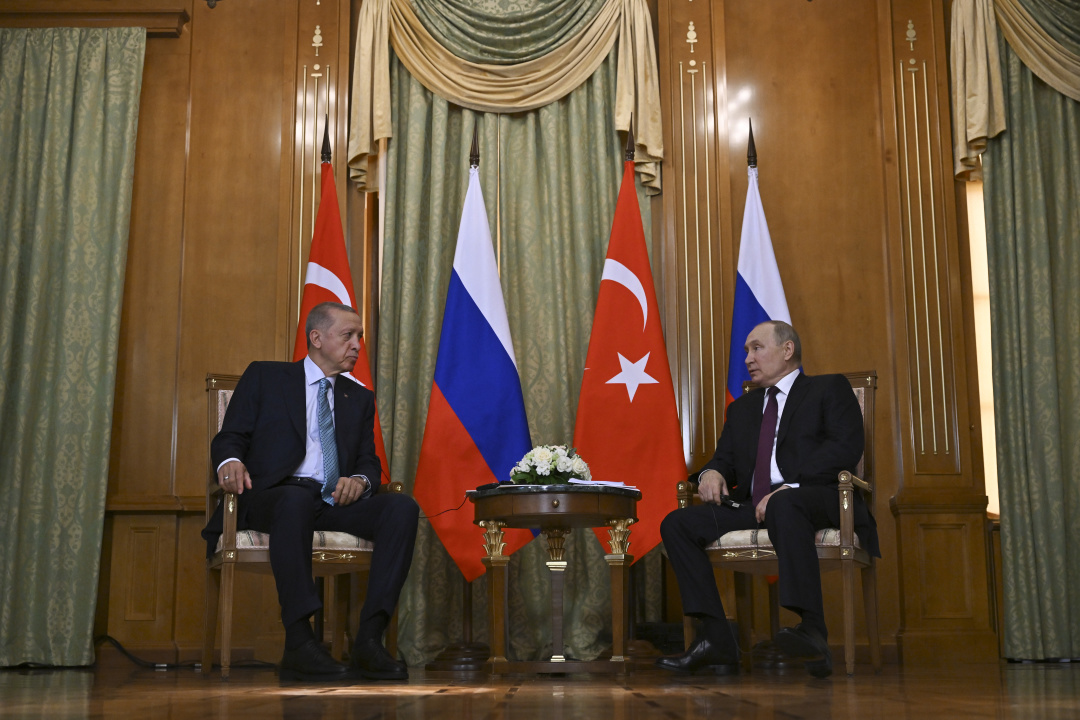
THE GHOST OF "FATHER HAMLET" IN THE CORRIDORS OF THE KREMLIN
And after Sochi, Ankara is not abandoning further attempts to resuscitate the "grain corridor" because the Black Sea Grain Initiative is already the most successful case of Turkish mediation since the beginning of the war (there were also meetings of foreign ministers in Antalya, groups of negotiators in Istanbul, participation in the exchange of prisoners, and other initiatives).
What can we expect next? Feedback, continued contacts between Ankara and Kyiv, and new proposals. In particular, after the summit meeting in Russia, a telephone conversation or even a meeting between Presidents Zelensky and Erdogan (alternatively, on the sidelines of the UN General Assembly) is not excluded. The work on the grain corridor is taking place within the framework of our intensive dialogue: before the Turkish leader's visit to Sochi, the Turkish Foreign Minister and the President's Chief Advisor visited Kyiv. The ghost of Hamlet's father, which Ukrainian Foreign Minister Dmytro Kuleba mentioned before the meeting in Sochi, is that no agreements on Ukraine can be reached without Ukraine's participation.
Let me remind you that the Sochi talks also failed to confirm previous rumors that Russia was allegedly offering Turkey and Qatar a "grain corridor without Ukraine." In practice, yesterday it was announced as an intention to supply 1 million tonnes of Russian grain with the participation of Qatar (financially) and Turkey (by processing raw materials) to the poorest countries in Africa. It is possible that there were attempts on Moscow's part to create a new corridor "without Ukraine," but the result announced yesterday clearly demonstrates the level of readiness of other countries to participate in such initiatives.
Olha Budnik, Ankara

